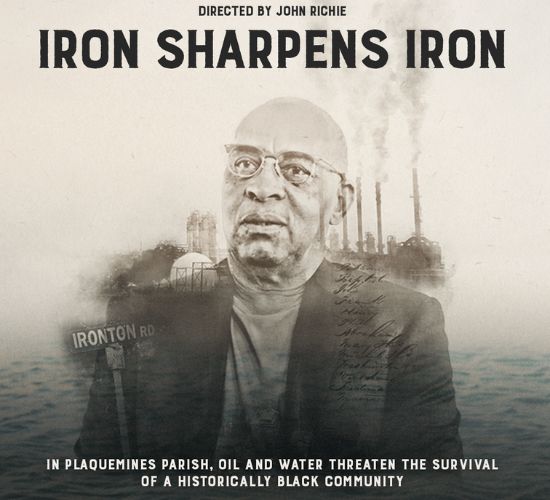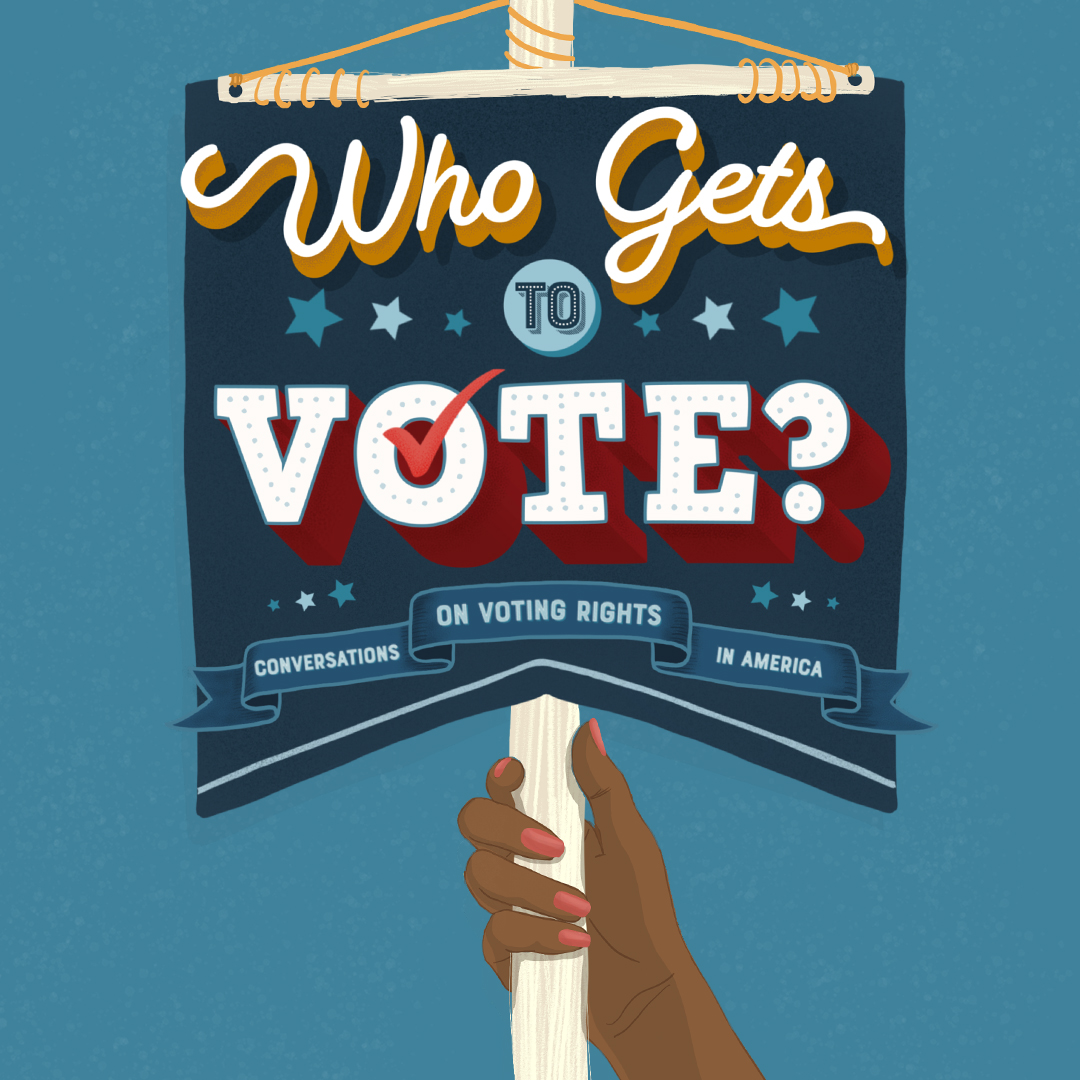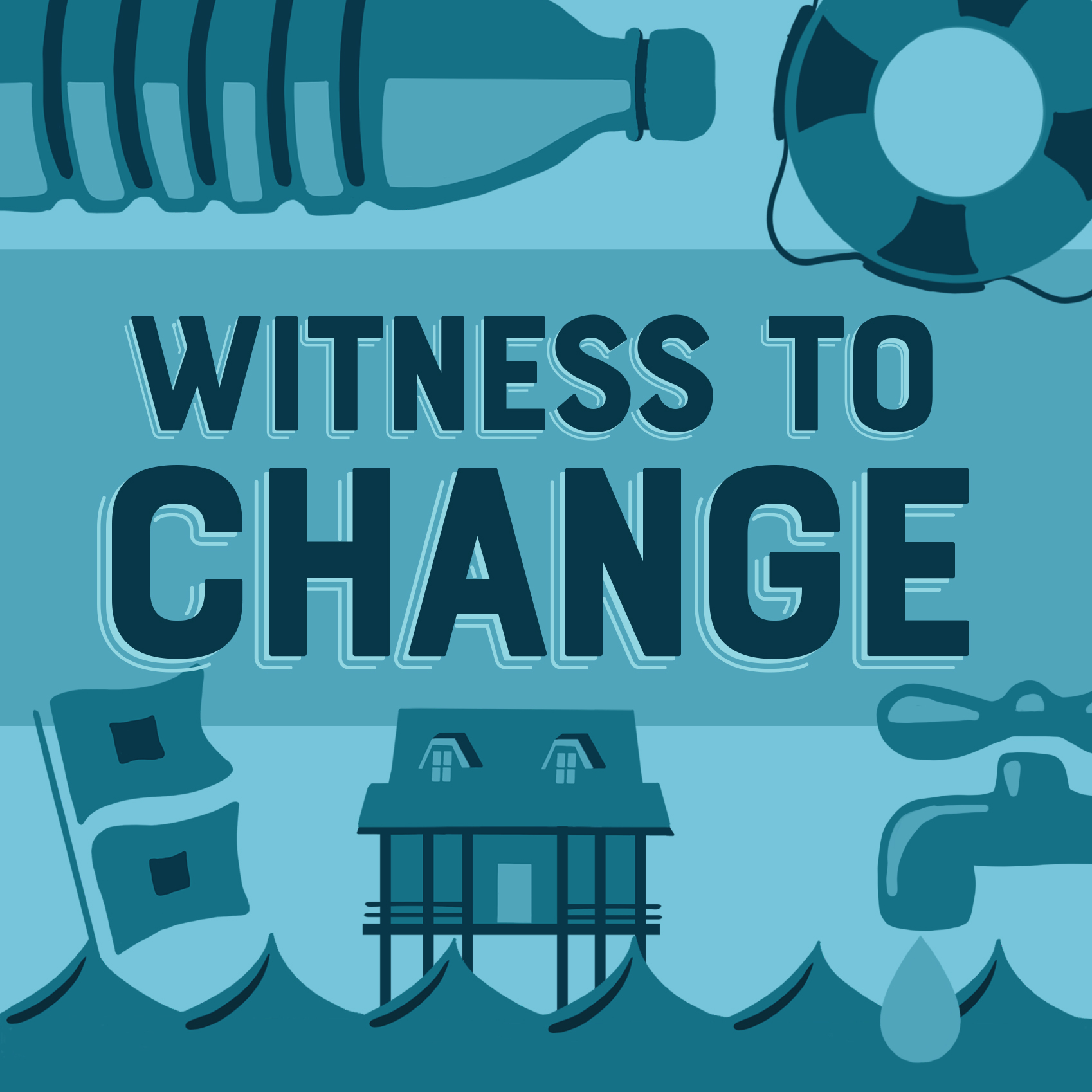Currents
Communities in Conversation

Currents is a turnkey book and film club program developed and funded by the Louisiana Endowment for the Humanities (LEH). The program offers libraries and other community-based nonprofits the tools they need to host themed reading or viewing and discussion programs centered on timely humanities topics.
Currents host sites receive:
- An LEH programming grant to cover site coordination, facilitator honoraria, book purchases, and program publicity
- Discussion guides developed by the LEH and humanities scholars
- Scholar-facilitator training that encourages thoughtful dialogue
- Customizable publicity kits for print and digital program promotion
- Audience evaluation tools
Applications to host a Currents program are currently closed. To stay updated on future opportunities sign up for LEH’s newsletter here.
Currents Series

IRON SHARPENS IRON
Iron Sharpens Iron, directed by John Richie and produced by the Louisiana Endowment for the Humanities, captures a community’s fight against the development of the Plaquemines Liquids Terminal (PLT) atop land that includes the community’s ancestral burial grounds.
The Currents viewing and discussion sessions are intended to spark dialogue around issues and themes supported by the film, including but not limited to:
- Environmental racism
- Racial segregation
- Economic injustice
- Industrial encroachment
- Extreme weather
Stay tuned for future programs.

WHO GETS TO VOTE? CONVERSATIONS ON VOTING RIGHTS IN AMERICA
Who Gets to Vote? fosters conversations about the history of voting—and efforts to suppress the vote—in the United States. The series is part of the special NEH initiative, “A More Perfect Union,” which is designed to demonstrate and enhance the critical role the humanities play in our nation and support projects that help Americans commemorate the 250th anniversary of the Declaration of Independence in 2026.
Themes include:
- the expansion of voting rights since the country’s founding
- the electoral process
- the women’s suffrage movement
- historic and contemporary voter suppression practices
- the Voting Rights Act of 1965
- the 2013 Supreme Court decision that invalidated key portions of the Voting Rights Act
- the disenfranchisement of incarcerated and formerly incarcerated Americans
The Woman’s Hour: The Great Fight to Win the Vote, by Elaine Weiss (Viking, 2018)
The Embattled Vote in America: From the Founding to the Present, by Allan J. Lichtman (Harvard University Press, 2018)
Vanguard: How Black Women Broke Barriers, Won the Vote, and Insisted on Equality for All, by Martha S. Jones (Basic Books, 2020)
Bending Toward Justice: The Voting Rights Act and the Transformation of American Democracy by Gary May (Basic Books, 2013)
One Person, No Vote: How Voter Suppression Is Destroying Our Democracy, by Carol Anderson (Bloomsbury, 2018)
Let My People Vote: My Battle to Restore the Civil Rights of Returning Citizens, by Desmond Meade (Beacon Press, 2020)
Stay tuned for future programs

WITNESS TO CHANGE: CONVERSATIONS ON COASTAL IMPACTS
Witness to Change incorporates history, memoir, and fiction and engages members of the general public in conversations on the beauty of and challenges faced by coastal communities.
Themes include:
- what makes a place a home
- experiences of flooding
- hurricanes
- family roots and connection to place
- land loss and dislocation
- scarcity and adaptation
- risk and relocation
Bayou Farewell: The Rich Life and Tragic Death of Louisiana’s Cajun Coast, by Mike Tidwell (Vintage Books, 2010)
Salvage the Bones, by Jesmyn Ward (Bloomsbury, 2011)
The Water Knife, Paolo Bacigalupi (Penguin Random House, 2015)
Rising: Dispatches from the New American Shore, by Elizabeth Rush (Milkweed Editions, 2018)
Stay tuned for future programs
